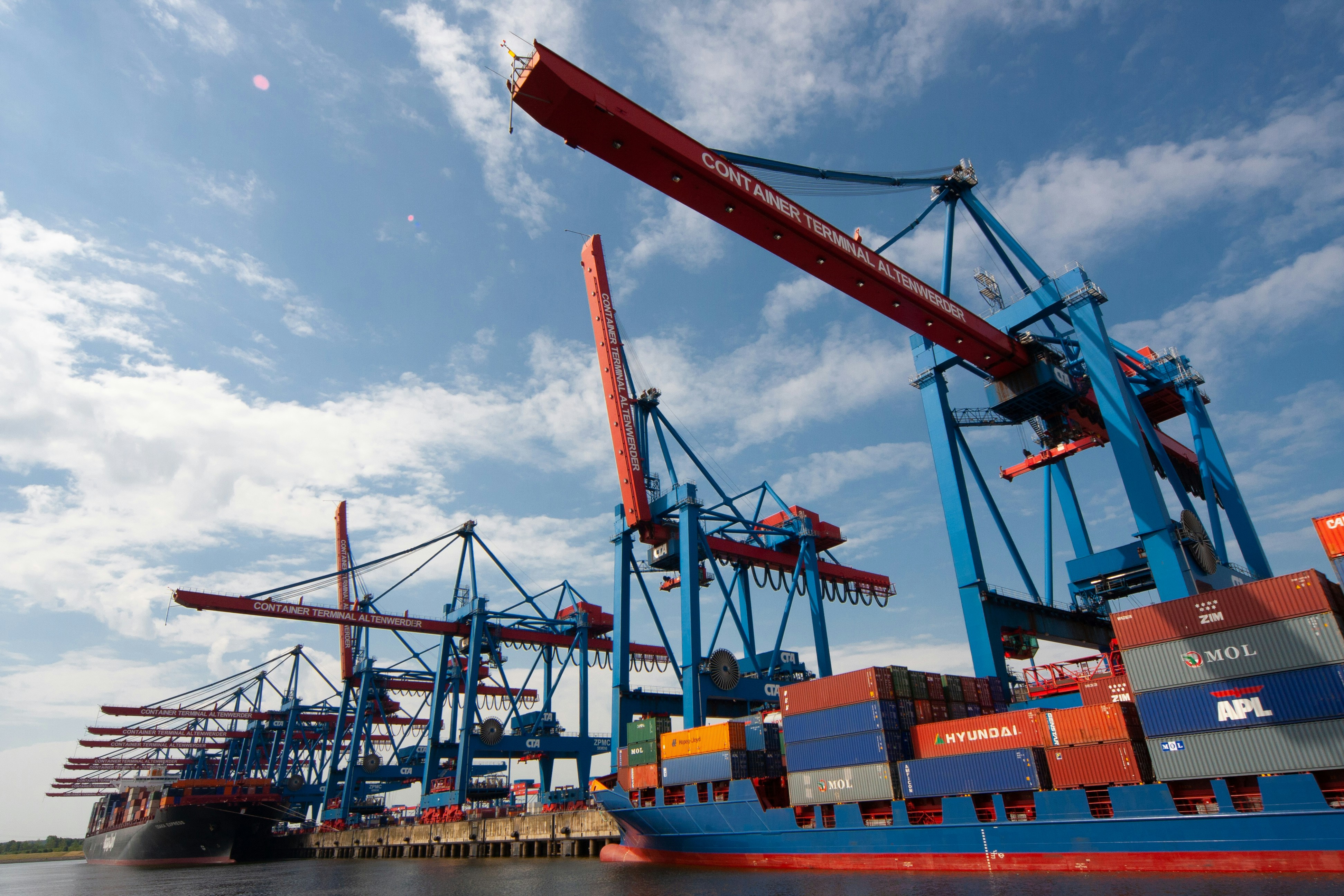
Vietnam: Trump family company develops large-scale golf resort near Hanoi, helping to smooth trade negotiations
The Trump Organization, the family company of US President Trump, held a groundbreaking ceremony for a complex project centered around a golf course near the Vietnamese capital of Hanoi. The project, which is being carried out in collaboration with local real estate company Kinh Bac City, is expected to be a huge undertaking with a total investment of approximately $1.5 billion (approximately 215 billion yen). The groundbreaking ceremony was attended by Eric Trump, vice president of the Trump Organization (President Trump's second son), as well as Vietnamese Prime Minister Pham Minh Chinh. Considering the presence of big names from both countries, a government-affiliated news site praised the project as "a symbol of the comprehensive strategic partnership between Vietnam and the United States."
As it happens, Vietnam has just begun the second round of negotiations on a bilateral trade agreement with the United States, and expectations are high for the effects of the Trump family company's large-scale project. It remains to be seen whether this project will contribute to smoother trade negotiations.
Thailand: Is the shift of production bases bidirectional? While inward attraction progresses, Japanese companies are moving to return
While overseas manufacturers such as Chinese manufacturers are building factories one after another, some Japanese companies are moving their production bases back to their home country.
In particular, Chinese automobile-related manufacturers are accelerating their expansion into Thailand in order to avoid US sanctions. Since 2018, when the US-China trade friction surfaced, Chinese companies that handle auto parts have been shifting their production bases at an accelerated pace. According to data from market research company MarkLines and the Thai government, the number of Chinese-affiliated Thai companies in the auto parts field will reach 165 as of March 2025, more than three times the number at the end of 2017. This trend is expected to continue in the future. This is because Thailand exports few finished vehicles to the US, and the impact of tariffs imposed by the Trump administration is expected to be limited, except for some products such as tires.
On the other hand, while the advancement of Japanese companies into Thailand is noticeable, there has been a recent backflow of companies returning to their home countries. Recently, the news has focused on the relocation of the factory by SUS (headquarters: Suruga Ward, Shizuoka City), a major manufacturer of aluminum frames. This month, SUS announced that it would shift the production of machined products, which it had been handling at its factory in Lamphun Province in northern Thailand, to a newly built factory in Kakegawa City, Shizuoka Prefecture. As part of the "return to domestic production" initiative that has been underway since 2014, the company has announced a policy to transfer the production of machined products and consolidate the manufacturing process of control and drive equipment. The reasons for this include rising production costs in Thailand and the emergence of exchange rate fluctuation risks.
In the future, it is expected that there will be a mix of overseas companies advancing into Thailand and returning to their home countries.
China: Listed automakers' 2024 performance 'polarized' - difference between new energy and gasoline-based automakers
Many of China's listed automakers announced their full-year financial results for the fiscal year ending December 2024 by the end of April, once again highlighting the situation in which companies with strength in new energy vehicles (NEVs) are doing well while companies that mainly rely on gasoline-powered vehicles are struggling.
BYD, which specializes in NEVs, saw its sales increase 29.0% year-on-year to RMB 777,102,450,000 (approximately 15.216 trillion yen), and its net profit increase 34.0% to RMB 40,254,340,000. Sales have exceeded the 700 billion yuan mark for the first time, outperforming US company Tesla. NEV sales increased 41.3% to 4,272,145 units. It has emerged as the leader in the Chinese market and has also jumped to the top of global NEV sales.
Geely Automobile is also doing well, with its NEV sales ratio rising to nearly 50%. Sales revenue increased 34.0% year-on-year to a record high of RMB 240,194,270,000, while net profit increased 213.3% to RMB 16,632,390,000.
On the other hand, manufacturers with a high proportion of gasoline-powered or joint venture brand vehicles, such as SAIC Motor, Guangzhou Automobile Group, and Chongqing Changan Automobile, are all struggling. All three companies have been forced to see a decline in profits, with Guangzhou Automobile Group seeing the most notable decline, with sales down 16.9% year-on-year to RMB 107.7838 billion and net profit down 81.4% to RMB 823.57 million.
There will be no major changes in the overall trend in 2025. While BYD achieved significant increases in revenue and profits in the first quarter of 2025 (January to March), Guangzhou Automobile Group fell into the red, making the polarization even more apparent.
